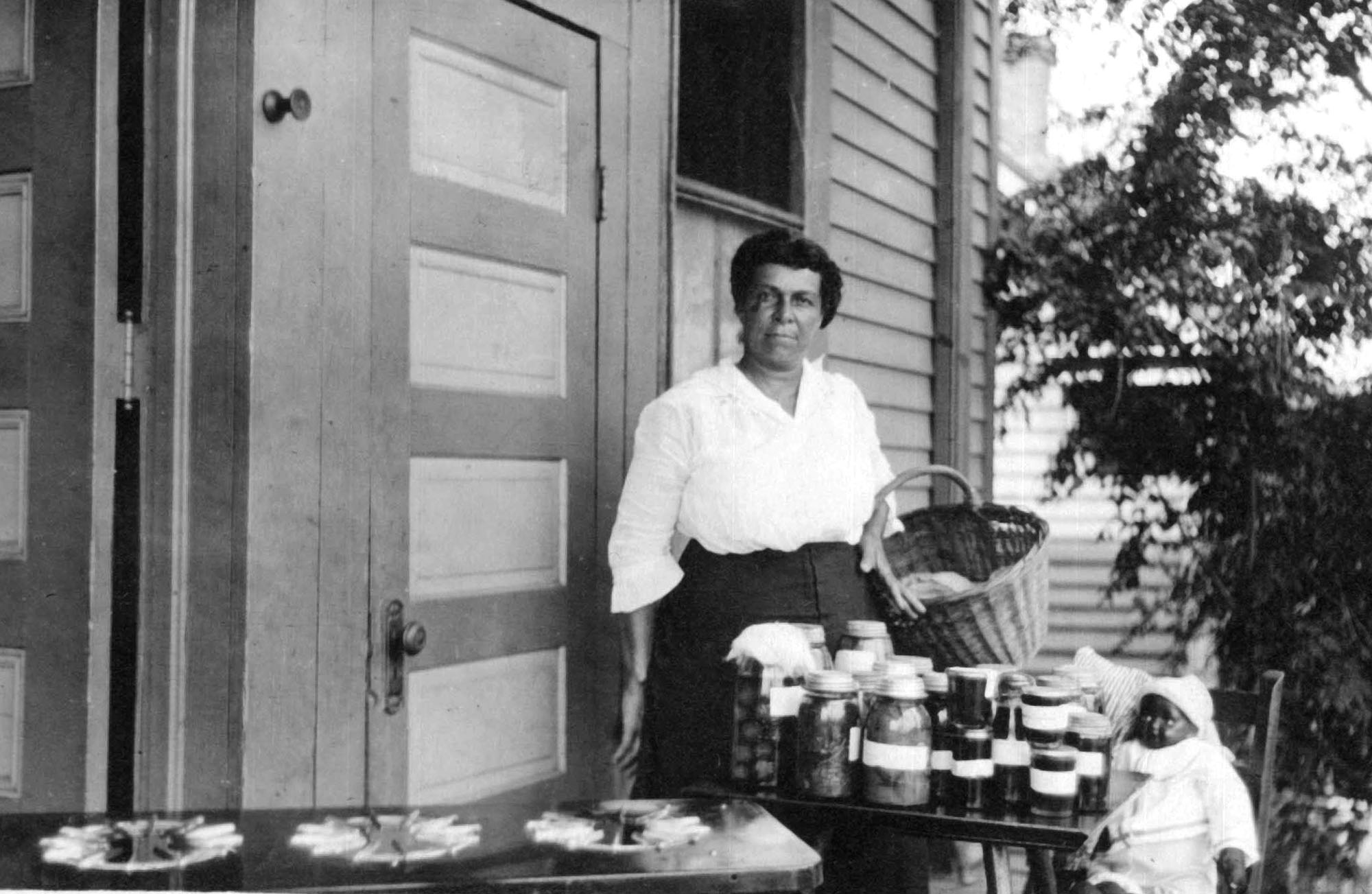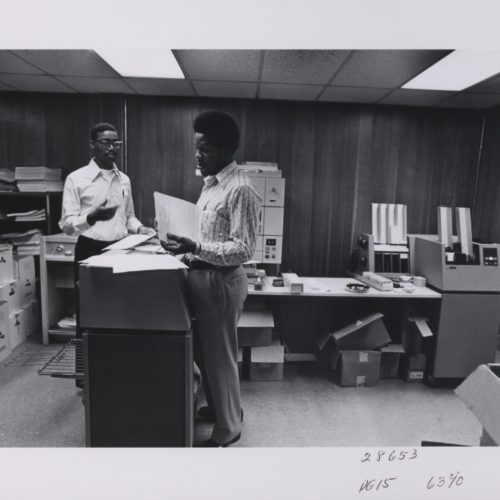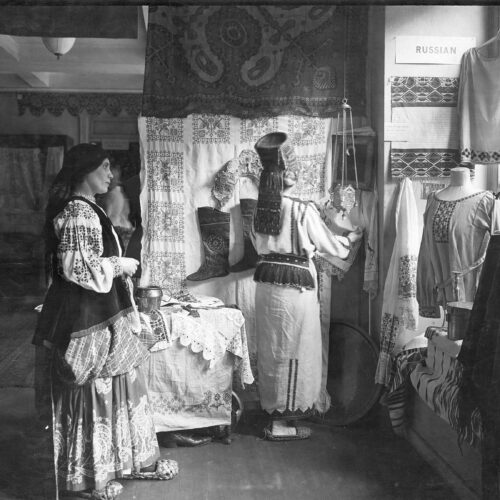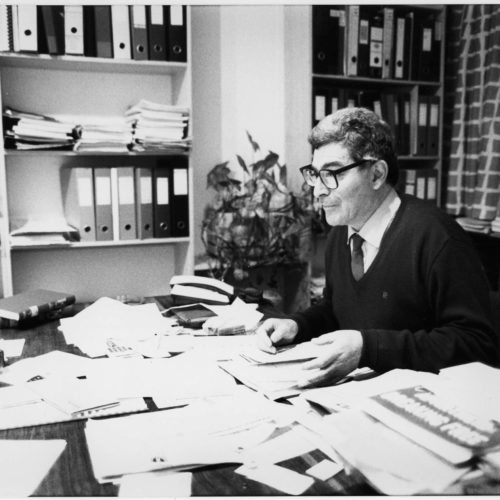In this edition of New Research, we offer a glimpse of some recent archival research at RAC. Available here are newly published reports submitted by RAC travel stipends recipients who have pursued their studies in our reading room. These reports showcase a wide range of collections used, spanning different time periods, geographic areas, and disciplines. This set of reports cites records from the Rockefeller Foundation, Ford Foundation, Commonwealth Fund, General Education Board, International Education Board, and the Office of the Messrs. Rockefeller, as well as the personal papers of Nelson A. Rockefeller and Abby Aldrich Rockefeller. You are encouraged to read through these reports and discover a bit about the wide range of topics covered and research approaches used.
“Hıfzıssıhha Institute in Ankara: Building the Healthy Citizen of a Young Republic” by Uğurgül Tunç
In her report, “Hıfzıssıhha Institute in Ankara: Building the Healthy Citizen of a Young Republic,” Uğurgül Tunç presents her findings regarding the construction of the Central Institute of Hygiene, built in the late 1920s in the recently declared Turkish republic. She argues that the architecture of this institution, whose construction was partially funded with Rockefeller Foundation grants, reflected the ideals of the new Turkish state. These included the concepts of centralized power, modernity, health, and the visibility of women in public. As the researcher notes, the work to establish this new public health institute should be contextualized in the RF’s broader efforts to develop an infrastructure for public health worldwide. Uğurgül Tunç also points out that the layout of the Hıfzıssıhha Institute complex can be seen as the antecedent for a later development in global healthcare – the multifaceted medical campus.
Uğurgül Tunç is a post-doctoral scholar in the Social Studies of Medicine Dept. at McGill University. She completed her dissertation at Koç University in the Department of Archaeology and the History of Art. Her research interests include the history and architecture of healthcare spaces. Uğurgül Tunç was a 2023 RAC research stipend recipient.
“The Southern Diaspora and the Urban Crisis: The Migratory Origins of the Ford Foundation’s Urban Programming” by Marie Puysségur
Marie Puysségur’s research report looks at how philanthropy responded to massive demographic shifts in the US population during the mid-twentieth century. In particular, “The Southern Diaspora and the Urban Crisis: The Migratory Origins of the Ford Foundation’s Urban Programming” lays out how the Ford Foundation structured a series of programs during the 1950s and 1960s to address the issues arising from the arrival of African Americans and rural whites coming from the South to the industrial centers of the Northeast and Midwest. The researcher argues that Ford Foundation programs were shaped by a then-dominant interracial migration paradigm held by many experts that avoided controversial race-based programming. As she points out, at least temporarily, by framing the issues in this manner, the foundation could avoid discussions of racial and structural economic barriers and instead focus on cultural notions of adjustment and assimilation.
Marie Puysségur is a Ph.D. candidate in the Faculty of History at the University of Cambridge. Her research interests focus on the intersection of race, class, and gender in the twentieth-century United States. She was a 2023 RAC research stipend recipient.
“American Private Foundations and British Colonial Higher Education,” by Caitlin Harvey
Starting in the 1920s, a number of US foundations demonstrated interest in supporting British colonial institutions of higher learning. In her report, “American Private Foundations and British Colonial Higher Education,” Caitlin Harvey looks at how this interest shifted after World War II. Her research highlights resources available at RAC on this topic in the records of the Rockefeller Foundation, the Ford Foundation, the Commonwealth Fund, the General Education Board, and the International Education Board. As British colonies moved towards (and then achieved) independence, the foundations began to see their philanthropic support as a mechanism for what Harvey describes as “education-as-development.” In the Cold War context, infusing these growing institutions with American-based knowledge was viewed as a way to cultivate elites being educated and trained in these schools. Dr. Harvey notes that the logics and forms of funding provided to these colleges and universities proved to be very different from their support of other Anglophone institutions in settler colonies such as Australasia and Canada.
Caitlin Harvey is an Early Career Research Fellow of Fitzwilliam College, University of Cambridge. Her research interests include history of migration, race, settlement, and education in a British imperial and global context. She has a Ph.D. from Princeton University and was a 2023 RAC research stipend recipient.
“The Artist and the ‘Art Connoisseur’: Fernand Léger’s Artworks in Nelson A. Rockefeller’s Collection,” Elisabeth Magotteaux
In “The Artist and the ‘Art Connoisseur’: Fernand Léger’s Artworks in Nelson A. Rockefeller’s Collection,” Elisabeth Magotteaux not only outlines the longstanding ties between the two men, but she also provides insight into some of Léger’s projects for Nelson A. Rockefeller (NAR) that have been previously overlooked by scholars. Following an introduction in the 1930s by architect Wallace K. Harrison, a mutual friend, NAR commissioned Léger to undertake a number of projects for his Fifth Avenue residence. Rockefeller’s love of modern art was a natural extension of his mother Abby Aldrich Rockefeller’s passion for it. Both were intimately involved with the Museum of Modern Art, where a special Léger exhibit was opened in 1935. During World War II, NAR continued to provide Léger, now in exile from his native France, with financial support through new commissions as well as purchases of other pieces of his art. Elisabeth Magotteaux’s research at RAC enabled her to examine correspondence and art files in several Rockefeller family collections documenting the long-lasting connections between these important figures who have left a strong mark on mid-century modern art.
Elisabeth Magotteaux is a Ph.D. candidate in art history at Sorbonne Université. Her research interests include the transfers, exchanges, and movements in European and extra-European art, with a focus on the actors, institutions, and networks that comprise the socio-cultural conditions of artistic activity. She was a 2023 RAC research stipend recipient.
About the RAC Research Stipend Program
The Rockefeller Archive Center offers a competitive research stipend program that provides individuals up to $5,000 for reimbursement of travel and accommodation expenses. Learn more on our Research Stipend page.



